Prostate Problems: Benign Enlargement
Male Lower Urinary Tract Symptoms (LUTS)
Many men have problems related to their prostate. With increasing age, the prostate enlarges, and can cause a variety of symptoms, including:
poor flow, and a feeling of incomplete bladder emptying
going frequently to the toilet during the day (frequency) and night (nocturia)
having little warning to go to the toilet (urgency) and, at its worst, urge incontinence
At its most severe, an enlarged prostate can cause recurrent urinary infections, bladder stones, kidney damage, and complete blockage (urinary retention).
It is important to realise that although it is possible for prostate cancer to present with the above symptoms, in practice this is uncommon, and lower urinary tract symptoms are nearly always due to benign (non-cancerous), enlargement of the prostate gland.
Assessment
At your appointment, Bay Urology will perform a comprehensive evaluation of your urinary function. This will include
- a medical history
- a physical examination
- and a urinary flow rate
We will also usually organise for you to have a renal ultrasound scan through Bay Radiology. A specialised questionnaire (the IPSS), gives us an accurate picture of the extent and severity of your symptoms.
Treatment
There are many treatment options available.
In uncomplicated cases we would usually try medication in the first instance. These medications include those which decrease the pressure of an enlarged prostate on the bladder neck and urethra and also those which can actually shrink the prostate. Medications are a successful first line treatment in about 70% of men.
In complicated cases, or if medication is ineffective or not tolerated, then surgery is the next step. Holmium Laser Enucleation of the Prostate (HoLEP) is a proven and durable surgical treatment that was developed here in Tauranga. In this procedure the central, obstructing part of the prostate is removed endoscopically without the need for a surgical scar and is usually only an overnight stay in the hospital.




